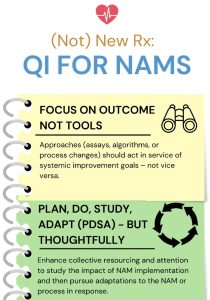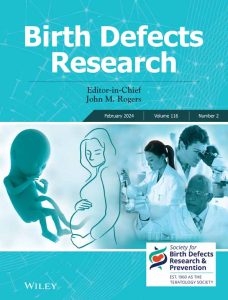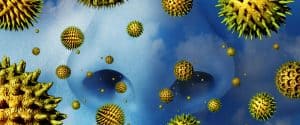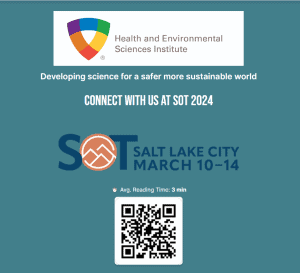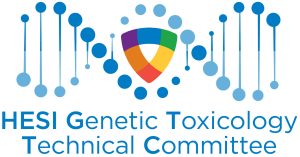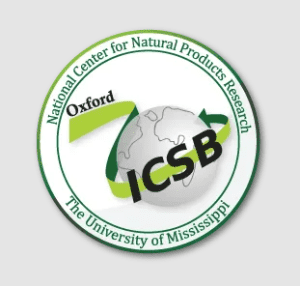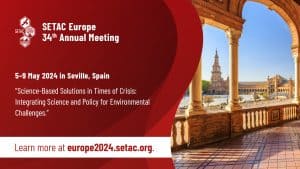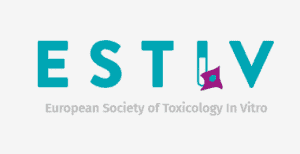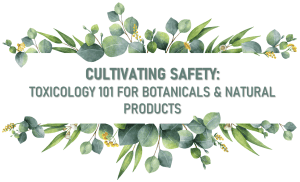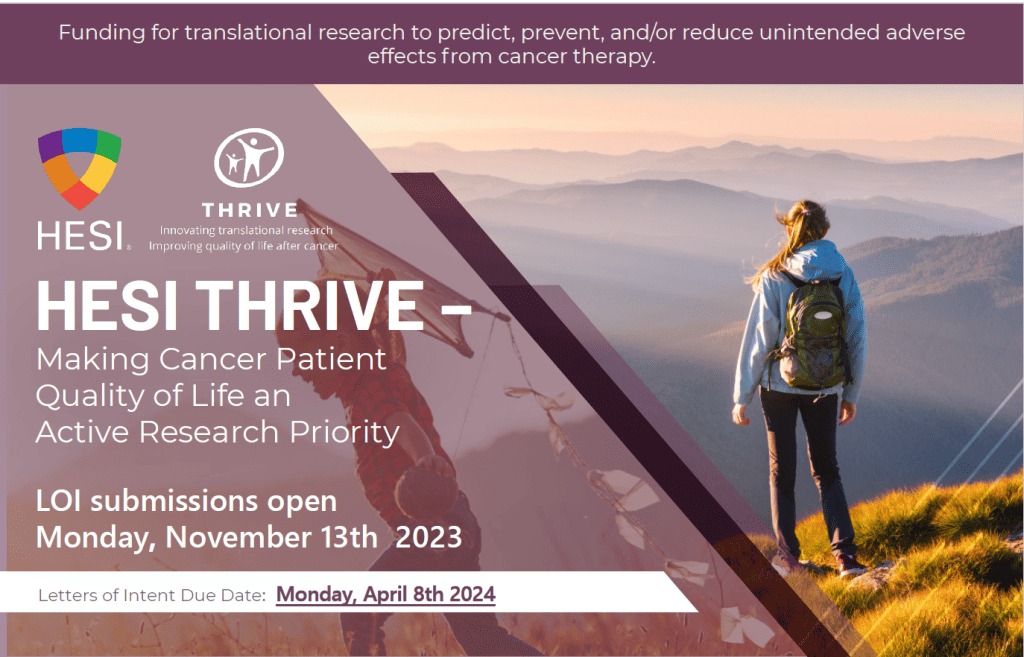HESI OASIS Consortium Receives >$1 million USD

The OASIS Consortium, a working group within HESI’s Emerging Systems Toxicology for the Assessment of Risk (eSTAR) Committee, received $1.2 million from the Massachusetts Life Sciences Center Bytes to Bytes Awards. These funds, supplemented with $2.5 from industry, will support laboratory work at the Broad Institute of Harvard and MIT to investigate Cell Painting, transcriptomics, and proteomics for decision making in toxicology. These funds also support two postdoc positions at the Broad Institute. This 3-year project will explore approximately 1600 compounds across 3 cell types, organoids, and microphysiological systems.
Read the full press release here.
HESI Collaborates with CRACK-IT T-ALERT Challenge
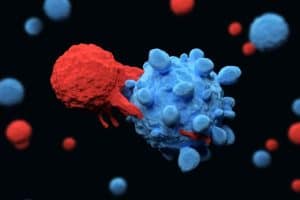
The HESI Cell Therapy TRAcking, Circulation, & Safety (CT-TRACS) Committee is proud to be a partner in the CRACK-IT T-ALERT challenge, which aims to replace animal studies and improve the safety assessment of cell therapies. The Phase 2 winner, a team led by Professor Toni Cathomen at the University of Freiburg (Germany), has been awarded £1M of funding to develop an approach to evaluate the tumorigenicity of human engineered T-cell therapies.
CT-TRACS are pleased to partner with NC3Rs, the challenge sponsors and the University of Freiburg and leverage our network of experts and participating organizations to support the development of their approach. Additional information about the challenge award winner can be found here.
NIEHS Spotlight on HESI Member Robyn Tanguay
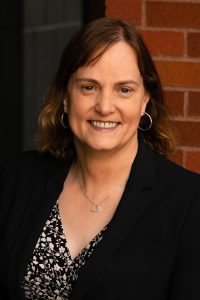
HESI is honored to collaborate with Dr. Robyn Tanguay from Oregon State University. Dr. Tanguay serves as Vice Chair of HESI’s multi-sector public/private Emerging Issues Committee. A full profile by the NIEHS on Dr. Tanguay’s research and how zebrafish can reveal important insights into environmental exposures and the ways they affect biology can be found here.
